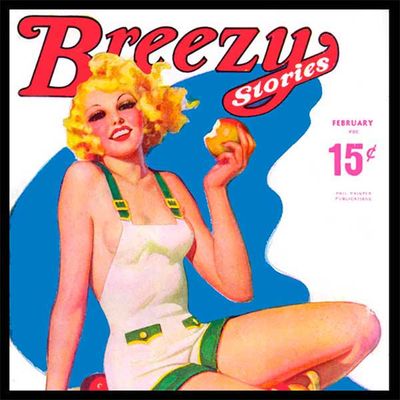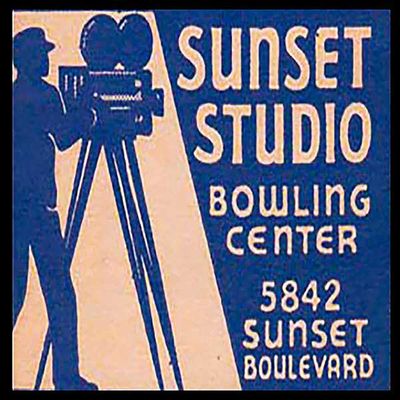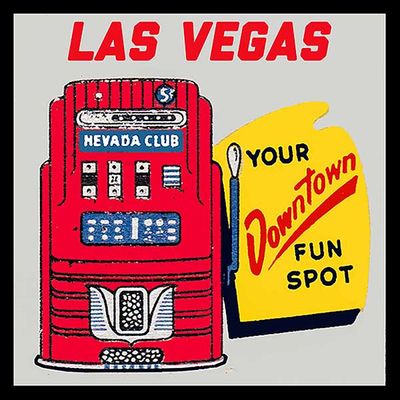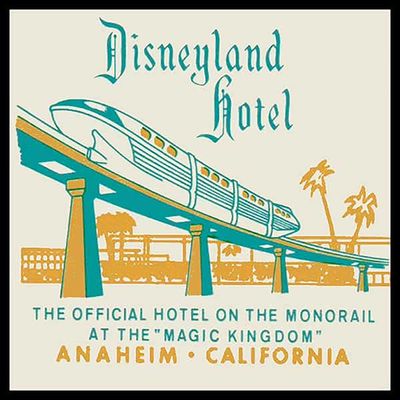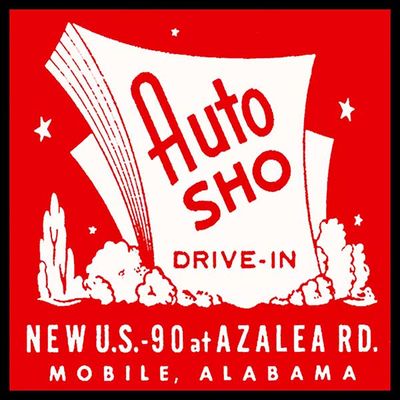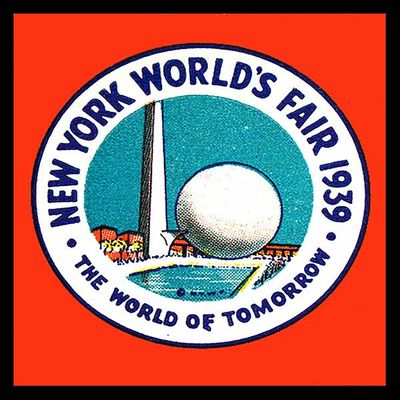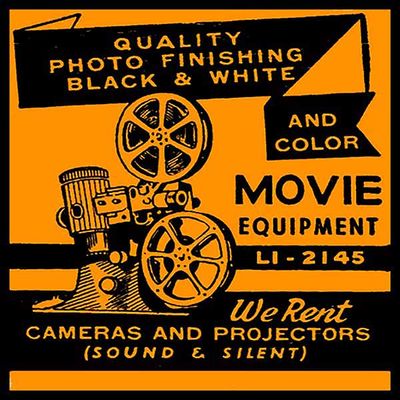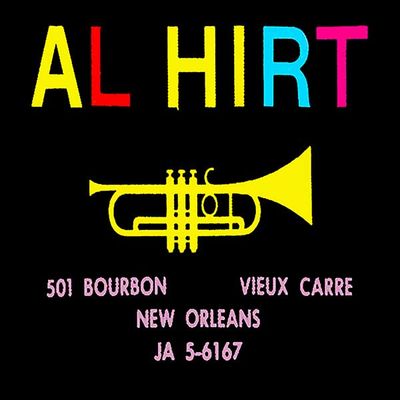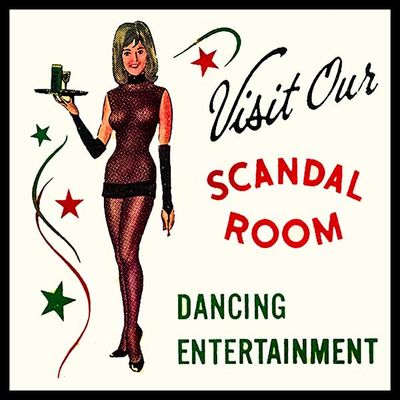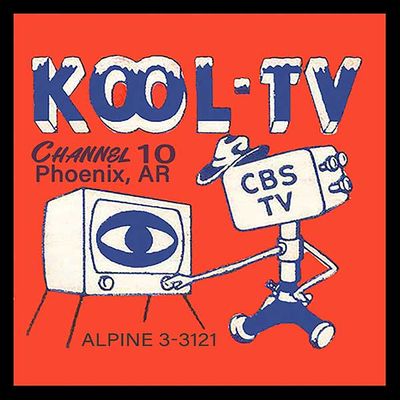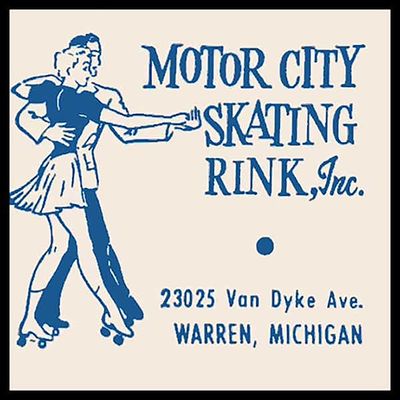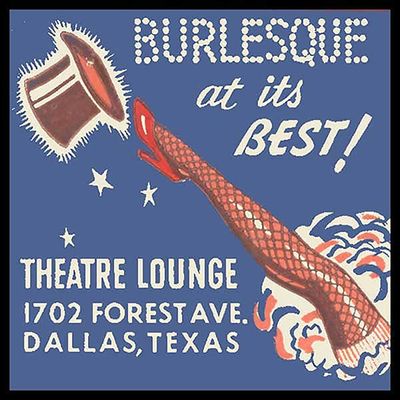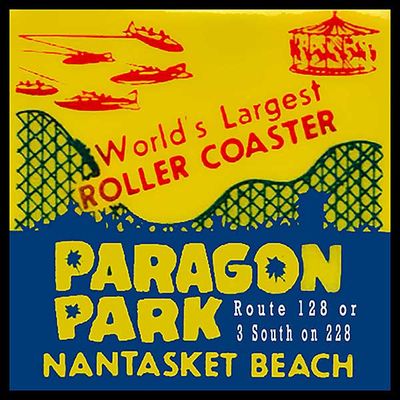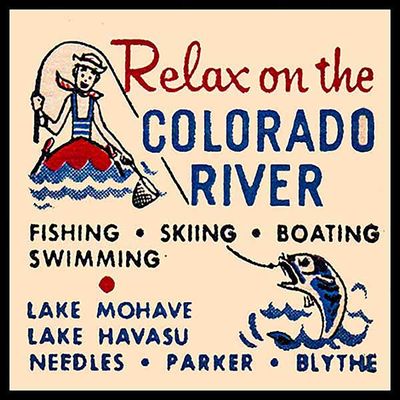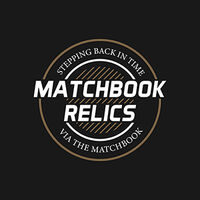Entertainment
The Vintage Matchbook: A Timeless Tool for Promoting Entertainment Venues
In the mid-20th century, matchbooks were more than just practical items for lighting cigarettes—they were a powerful advertising medium for various entertainment venues. From casinos and bowling alleys to amusement parks like Disneyland and Disney World, as well as fairs, expos, and other attractions, matchbooks were cleverly utilized to promote brands and activities. This article explores how these forms of entertainment leveraged the humble matchbook to capture the imagination of the public and drive attendance.
Casinos: The Allure of Glamour and Chance
Casinos, synonymous with glamour and the thrill of gambling, found matchbooks to be a perfect promotional tool. Matchbooks distributed at casinos featured striking designs with vibrant colors, often incorporating images of dice, playing cards, and roulette wheels. The casino’s name, logo, and contact information were prominently displayed, sometimes alongside enticing slogans like "Experience the Excitement" or "Your Lucky Night Awaits." By distributing these matchbooks in hotel lobbies, restaurants, and bars, casinos ensured that their brand remained in the hands of potential gamblers, enticing them to visit and try their luck.
Bowling Alleys: Strikes and Spares
Bowling alleys used matchbooks to create a sense of community and fun. These matchbooks often featured images of bowling pins, balls, and lanes, along with the bowling alley’s name and location. They were commonly given out at the front desk or snack bar, encouraging patrons to return for another game. Slogans like "Bowl a Strike Tonight" or "Join the Fun at [Alley Name]" added to the appeal. The practical nature of matchbooks meant that they were often kept in pockets or purses, ensuring the bowling alley remained a go-to destination for family outings and social gatherings.
Amusement Parks: The Magic of Disneyland and Disney World
Disneyland and Disney World, icons of family entertainment, brilliantly used matchbooks to promote their magical worlds. These matchbooks were adorned with whimsical illustrations of beloved characters like Mickey Mouse, Donald Duck, and Cinderella’s Castle. The covers often highlighted the park’s attractions and rides, enticing families to visit. Distributed widely in hotels, restaurants, and gift shops, these matchbooks became cherished souvenirs that reminded visitors of the joy and wonder experienced at the parks. The enchanting designs and nostalgic appeal made them collectibles, further spreading the magic of Disney.
Fairs and Expos: Showcasing Wonders and Innovation
Fairs and expos, known for showcasing the latest in technology, culture, and entertainment, utilized matchbooks to draw crowds. These matchbooks featured eye-catching designs depicting pavilions, rides, and exhibits, along with the event’s name, dates, and location. Given out at ticket booths, local businesses, and information centers, they served as portable reminders of the upcoming events. Slogans like "Explore the Future at [Expo Name]" or "Fun for the Whole Family" enticed visitors to attend. The wide distribution ensured that people were constantly reminded of the exciting activities and exhibits waiting to be discovered.
Amusement Parks Beyond Disney: Thrills and Fun
Other amusement parks, similar to Disney, used matchbooks to highlight their unique attractions. Roller coasters, water rides, and funhouses were often depicted on the covers, along with the park’s name and contact details. These matchbooks were distributed in tourist information centers, hotels, and restaurants, reaching a broad audience. By showcasing their most thrilling rides and family-friendly attractions, amusement parks effectively used matchbooks to entice visitors looking for excitement and adventure.
Conclusion
The use of vintage matchbooks as an advertising medium by entertainment venues in the mid-20th century was both strategic and effective. From the glamour of casinos and the community spirit of bowling alleys to the magic of Disneyland and Disney World, as well as the wonders of fairs and expos, matchbooks served as miniature billboards that kept these venues top-of-mind for potential visitors. Their practical utility ensured frequent interaction with the brand, while the nostalgic and appealing designs fostered a sense of connection and excitement. Today, these vintage matchbooks are cherished collectibles, offering a glimpse into the innovative marketing strategies that helped shape the golden age of entertainment.
